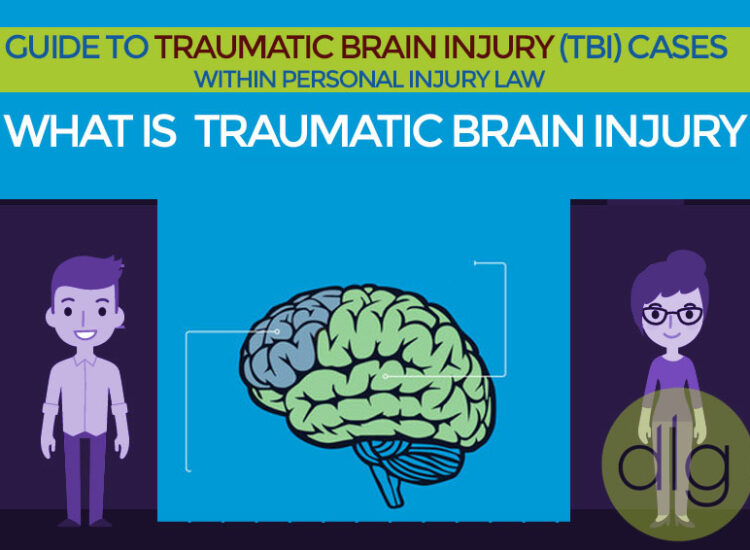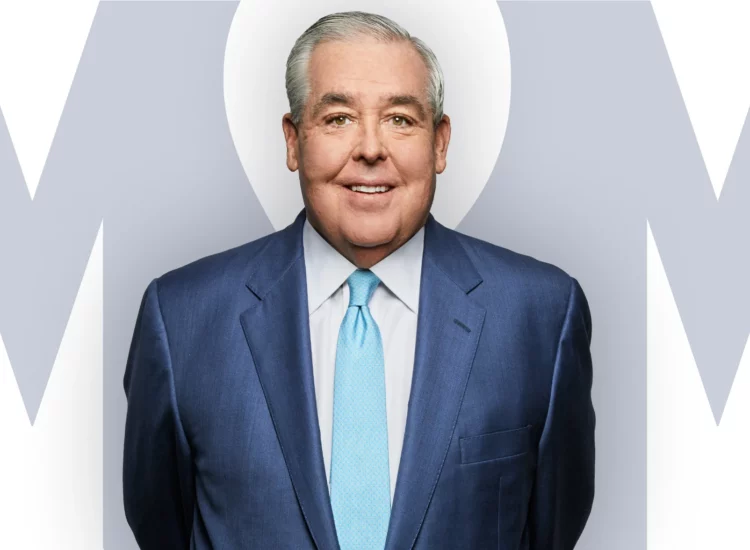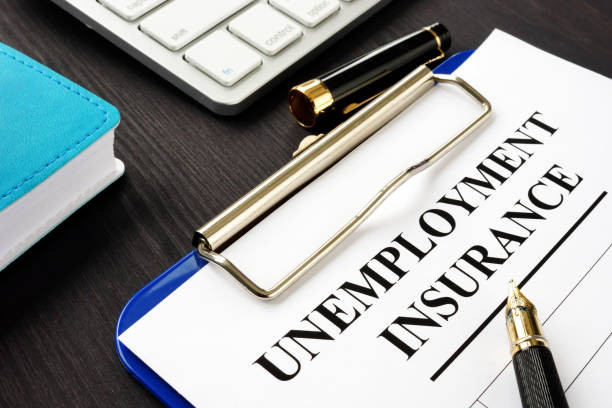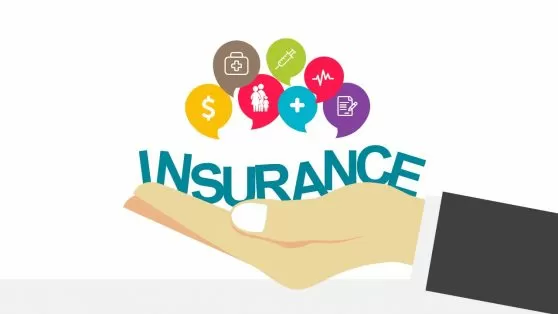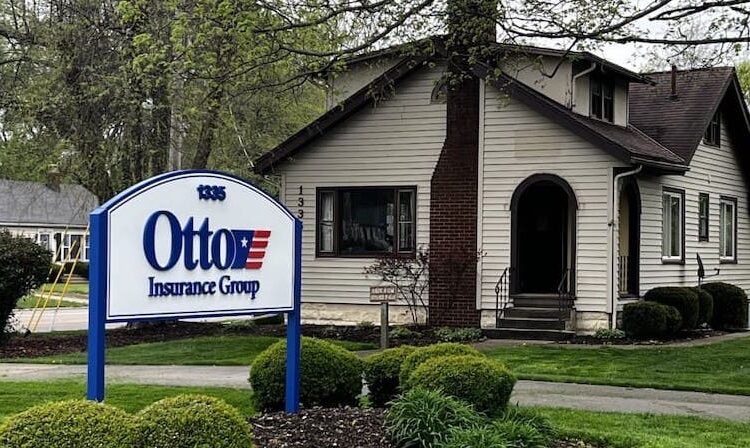Securing the best commercial insurance is essential for small businesses. However, many owners struggle to navigate the complex landscape of policies and providers. A recent study showed that 40% of small businesses lack adequate coverage, leaving them vulnerable to significant financial losses. This guide clarifies the various types of commercial insurance, helping you find the right protection for your unique needs.
Toc
- 1. Understanding Your Small Business Insurance Needs
- 2. Types of Commercial Insurance Policies for Small Businesses
- 3. Related articles 01:
- 4. Top 10 Commercial Insurance Companies in the USA
- 5. Finding Affordable Commercial Insurance: Tips and Strategies
- 6. Related articles 02:
- 7. Best Commercial Insurance for Small Businesses and LLCs
- 8. Current Trends in Commercial Insurance: The Rise of Insurtech
- 9. Conclusion
Understanding Your Small Business Insurance Needs
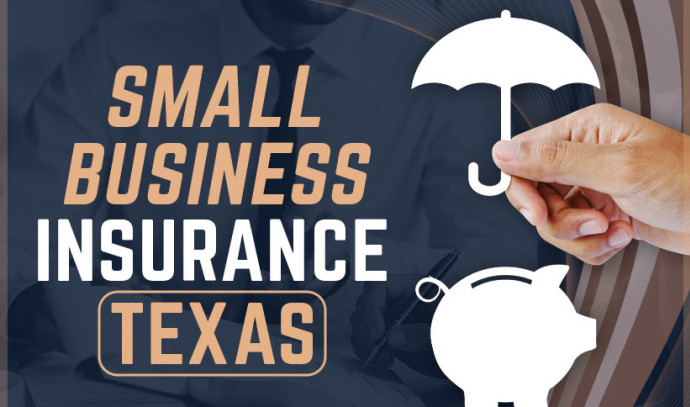
To select the best commercial insurance, small business owners must first identify their specific insurance requirements based on their business type, size, and risk profile. Understanding these needs is essential for making informed decisions that can safeguard your business.
Assessing Business Risks
Different types of businesses face various risks. For instance, a retail store may be more exposed to theft and customer injury claims, while a consulting firm may encounter professional liability issues. Additionally, consider the example of a restaurant, which faces unique risks such as foodborne illness lawsuits requiring product liability insurance, slip-and-fall accidents necessitating general liability coverage, and fire damage that is covered under commercial property insurance. Assessing the risks faced by your specific industry will help you determine the essential coverage required.
Identifying Essential Coverage
After assessing risks, it’s important to identify the essential coverage based on your business operations. Essential policies may include general liability insurance, commercial property insurance, and workers’ compensation insurance. Evaluating these needs ensures you are adequately protected against potential claims and losses.
Determining Coverage Levels
Determining the appropriate level of coverage is crucial. Coverage needs directly relate to your business size, type, and revenue. For example, businesses should consider liability limits and the extent of property damage coverage. A larger business may require higher limits than a small startup, and understanding these nuances can prevent underinsurance.
Location and Industry Impact
The impact of location and industry on risk assessment cannot be overstated. Businesses operating in high-crime areas or industries prone to natural disasters may require more comprehensive coverage. Understanding your environment is key to evaluating potential risks and ensuring that your coverage aligns with those risks.
The Role of Risk Management
Implementing effective risk management strategies can significantly reduce your premiums. This can include safety training for employees, regular maintenance of equipment, and securing physical premises. By minimizing risks, you lower the likelihood of claims, ultimately leading to better insurance rates.
Types of Commercial Insurance Policies for Small Businesses

Understanding the various types of commercial insurance policies available is essential for small business owners. Each type addresses specific risks associated with different business activities.
General Liability Insurance
General liability insurance is a foundational policy that covers third-party bodily injury, property damage, and personal injury claims. This insurance is vital for businesses that interact with clients or the public, such as retail stores and service providers. While it offers broad coverage, it may not cover all specific risks, so it’s important to assess your business’s unique needs.
Commercial Property Insurance
Commercial property insurance protects physical assets, including buildings, equipment, and inventory, against risks such as theft, fire, or natural disasters. For businesses that own or lease significant physical assets, this coverage is critical. Premiums are influenced by factors like location and property value, making it essential to evaluate the specific needs of your business.
Business Interruption Insurance
Business interruption insurance covers lost income during periods when a business cannot operate due to a covered loss, such as a fire or natural disaster. This insurance is particularly important for small businesses that rely heavily on a steady revenue stream. The costs depend on the business’s revenue and risk profile, making it a necessary consideration for many owners.
Workers’ Compensation Insurance
Mandatory in most states, workers’ compensation insurance provides benefits to employees who suffer work-related injuries or illnesses. This coverage is essential for protecting both employees and employers. The cost is determined by industry classification, payroll size, and claims history. While it protects against lawsuits related to workplace injuries, it can be costly, particularly for high-risk industries.
Commercial Auto Insurance
If your business utilizes vehicles for operations, commercial auto insurance is necessary. This coverage protects against accidents involving business-owned vehicles, covering damages to property and medical expenses for injuries. Premiums vary based on factors such as vehicle type, usage, and driving records. For businesses with multiple vehicles, the costs can add up, making it essential to shop around for the best rates.
Professional Liability Insurance
Also known as errors and omissions insurance, professional liability insurance protects businesses from claims related to professional negligence or failure to deliver services as promised. This coverage is especially important for service-based businesses, such as consultants and healthcare providers. Premiums vary widely based on industry risks and claims history, making it vital to understand your specific coverage needs.
Cyber Insurance
In today’s digital age, cyber insurance is increasingly essential for businesses of all sizes. This coverage protects against losses resulting from data breaches, cyberattacks, and other technology-related risks. The average cost of a data breach in 2023 was $4.45 million, according to IBM’s Cost of a Data Breach Report. Given the rising threat of cyber incidents, this coverage is an important consideration for all businesses.
Top 10 Commercial Insurance Companies in the USA
When searching for the best commercial insurance, knowing the top-rated providers in the industry is crucial. The following companies are recognized for their financial stability, customer service, and comprehensive coverage options:
- The Chubb Corporation: Known for its extensive coverage options and strong financial stability, The Chubb Corporation is a preferred choice for small business owners seeking robust protection.
- State Farm: Offering a wide array of business insurance products, State Farm is often praised for its exceptional customer service and efficient claims processing.
- Travelers: Provides a diverse range of insurance products tailored for small businesses, including specialized coverage for unique industries.
- Liberty Mutual: Recognized for its customizable policies, Liberty Mutual is known for competitive pricing and comprehensive coverage options.
- Nationwide: With extensive resources and tools for small businesses, Nationwide is an excellent choice across various industries.
- Hartford: Offers business owner policies (BOPs) that combine essential coverages at a lower cost, making it a popular option for many small businesses.
- Progressive: Renowned for its commercial auto insurance, Progressive also provides a variety of other business coverages.
- Farmers: Offers a range of business insurance solutions and is recognized for its personalized service.
- Zurich: Known for its expertise in international coverage, Zurich is a strong choice for businesses with global operations.
- AIG: Provides comprehensive coverage options and is particularly suited for businesses in high-risk industries.
This list is not exhaustive, and the best insurer for your specific needs may vary based on your business type and risks. Smaller, regional insurers might offer better rates or more personalized service in specific areas. Checking resources such as A.M. Best and Standard & Poor’s can help assess a company’s financial stability and service quality.
Finding Affordable Commercial Insurance: Tips and Strategies
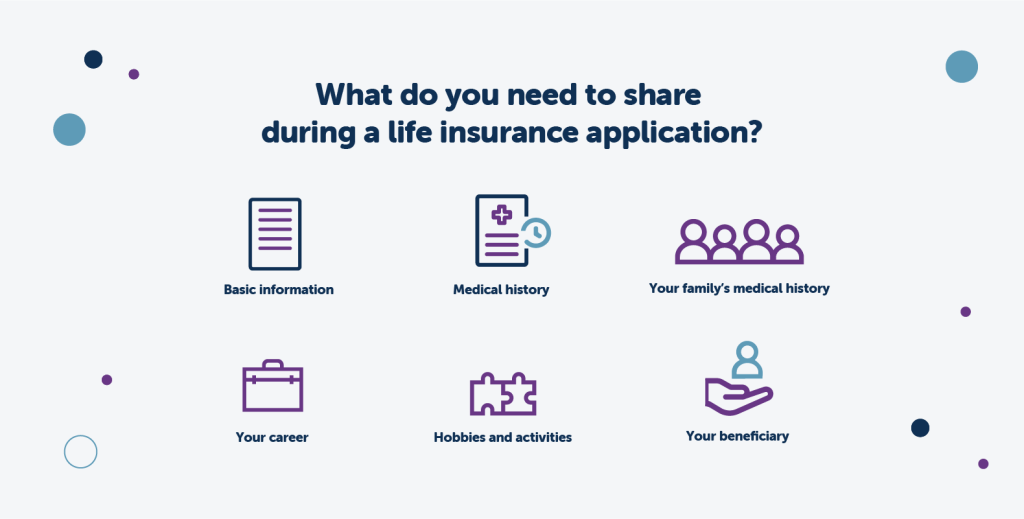
Finding the best commercial insurance doesn’t have to break the bank. Small business owners can follow these practical tips to secure affordable coverage without compromising on protection.
Compare Quotes from Multiple Providers
Shopping around is crucial in finding the best commercial insurance. Obtaining quotes from multiple providers allows you to compare coverage options and pricing. Utilize online comparison tools to streamline this process and find the best rates.
Bundle Policies for Discounts
Many insurers offer discounts for bundling coverages, such as combining general liability and property insurance into a business owner’s policy (BOP). Bundling can lead to significant savings while ensuring comprehensive coverage for your business.
Credit Scores and Insurance
Another factor impacting insurance premiums is your credit score. Many insurers use credit-based insurance scores to determine premiums; a higher score can lead to lower rates. It’s advisable for consumers to access their credit reports for free annually from annualcreditreport.com to check for errors that could affect their scores and, consequently, their insurance costs.
Implement Risk Management Strategies
Adopting safety measures and risk management strategies can lower your risk profile, potentially leading to lower premiums. Regular safety training for employees, maintaining equipment, and securing premises can help mitigate risks.
Negotiating Premiums Effectively
Don’t hesitate to discuss your needs and negotiate premium costs with insurers. Many companies are willing to work with you to provide coverage that meets your budget and requirements. However, while negotiating is possible, it’s not always successful, and the focus should be on finding a policy that provides adequate coverage, even if it costs slightly more.
Leverage Online Resources
Websites like Reddit can provide valuable insights into user experiences with various insurance companies. Searching for “best commercial insurance reddit” can lead you to discussions that highlight customer experiences and satisfaction with different providers.
Best Commercial Insurance for Small Businesses and LLCs
Small businesses and LLCs often face unique risks that necessitate specific insurance considerations. Understanding these needs is vital for selecting the best commercial insurance.
Unique Risks for Small Businesses
Small businesses typically require coverage that protects against common risks such as liability claims, property damage, and employee injuries. Adequate liability coverage is essential for protecting both business and personal assets, especially for LLCs.
Importance of Adequate Liability Coverage
For LLCs, having the right insurance is not just beneficial; it is often a legal requirement that protects personal assets from business liabilities. The best small business insurance for LLCs should include robust general liability and professional liability coverage.
Choosing the Right Policy
Selecting the right policy for different business structures requires careful consideration. Understanding the specific risks associated with your business type will help ensure you choose the best commercial insurance to protect your interests.
Current Trends in Commercial Insurance: The Rise of Insurtech
In recent years, the commercial insurance market has seen the emergence of Insurtech companies, which leverage technology to enhance the insurance experience. Insurtech firms utilize online comparison tools and AI-powered risk assessments to streamline the insurance purchasing process. These advancements not only make it easier for small businesses to find the best commercial insurance but also facilitate more tailored coverage options based on real-time data and analytics.
Conclusion
In conclusion, securing the best commercial insurance is vital for small business owners looking to protect their investments and ensure their longevity. By understanding the various types of insurance available, evaluating providers, and implementing effective strategies for affordability, business owners can make informed decisions that suit their unique needs. Start comparing quotes from reputable providers today to find the best commercial insurance for your specific business requirements.


